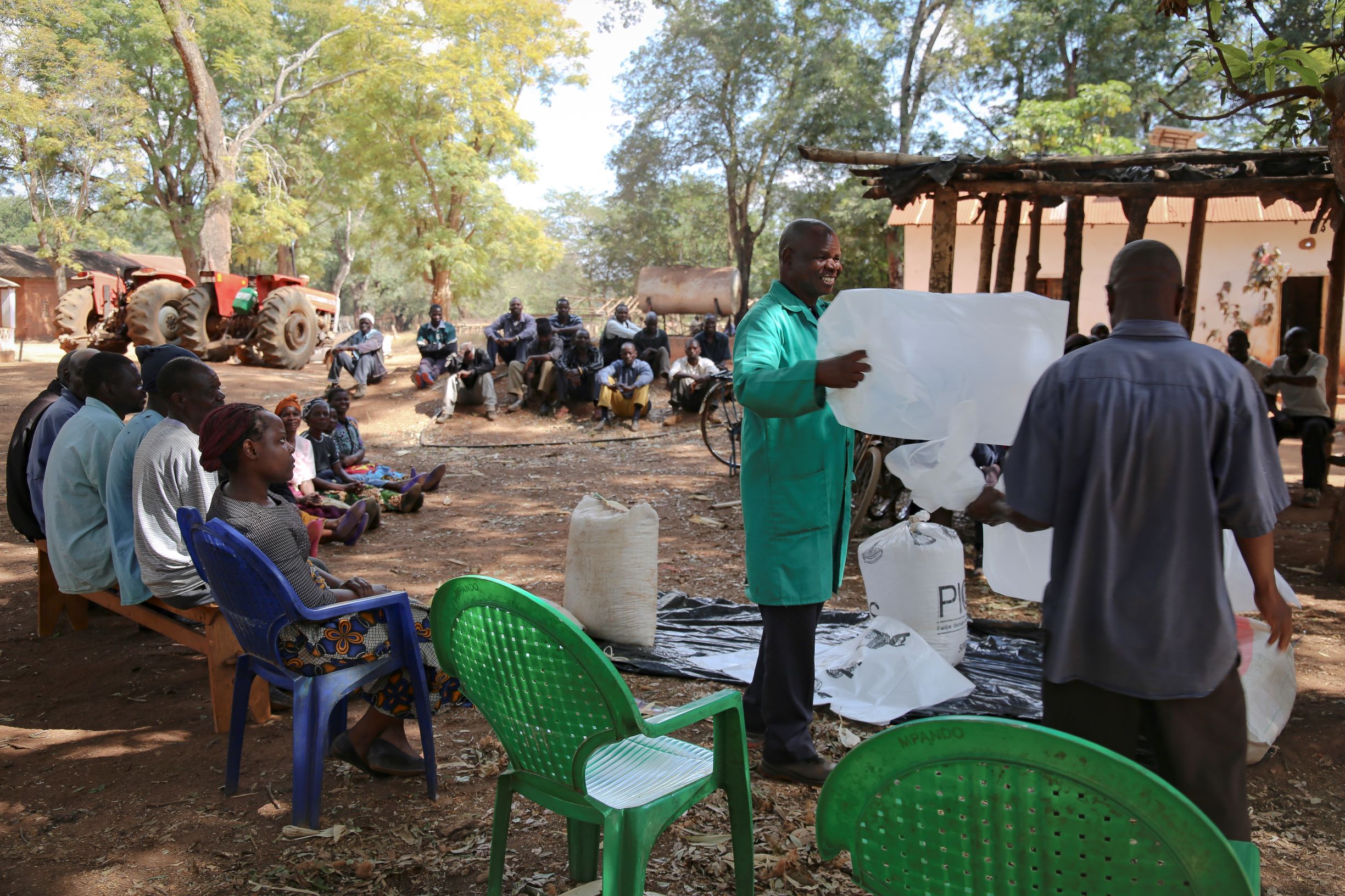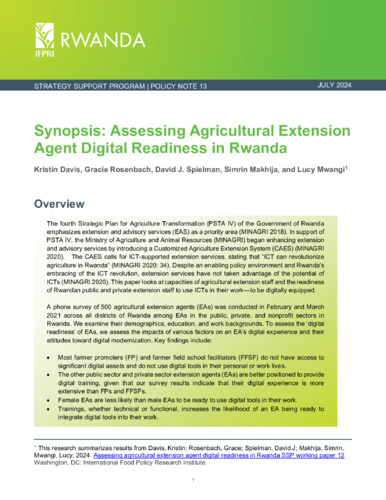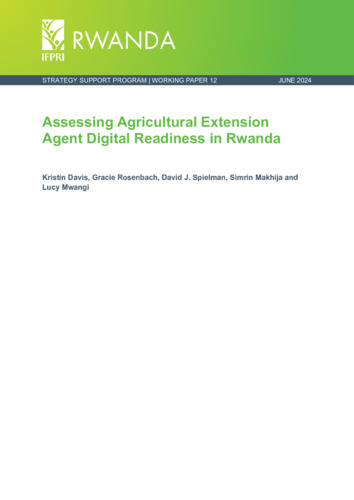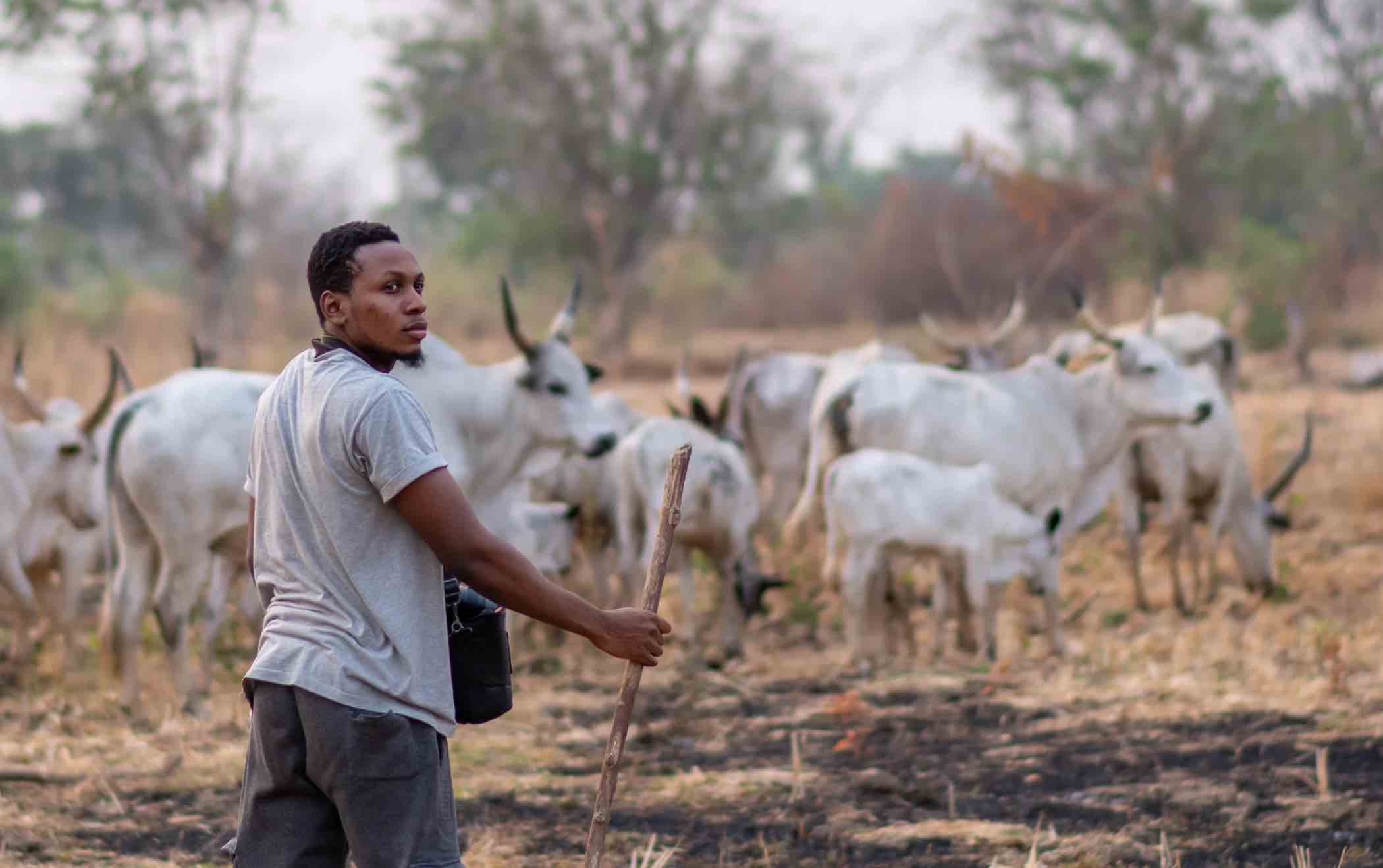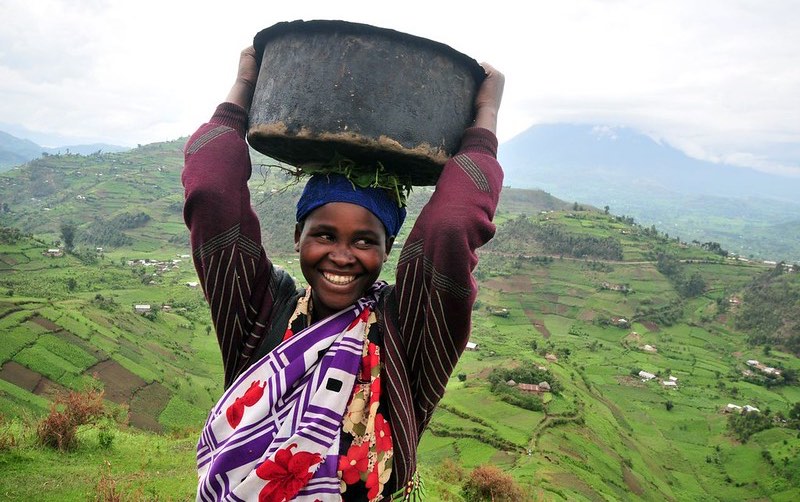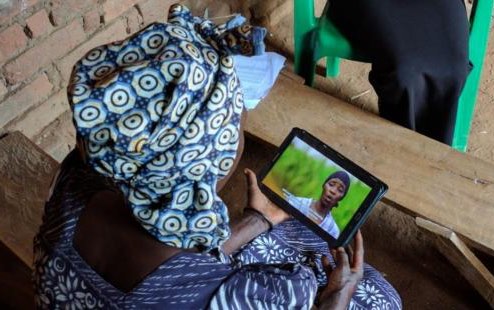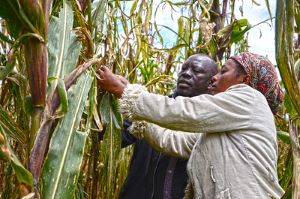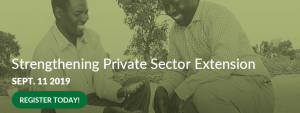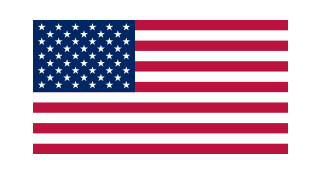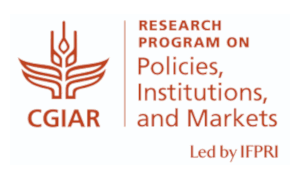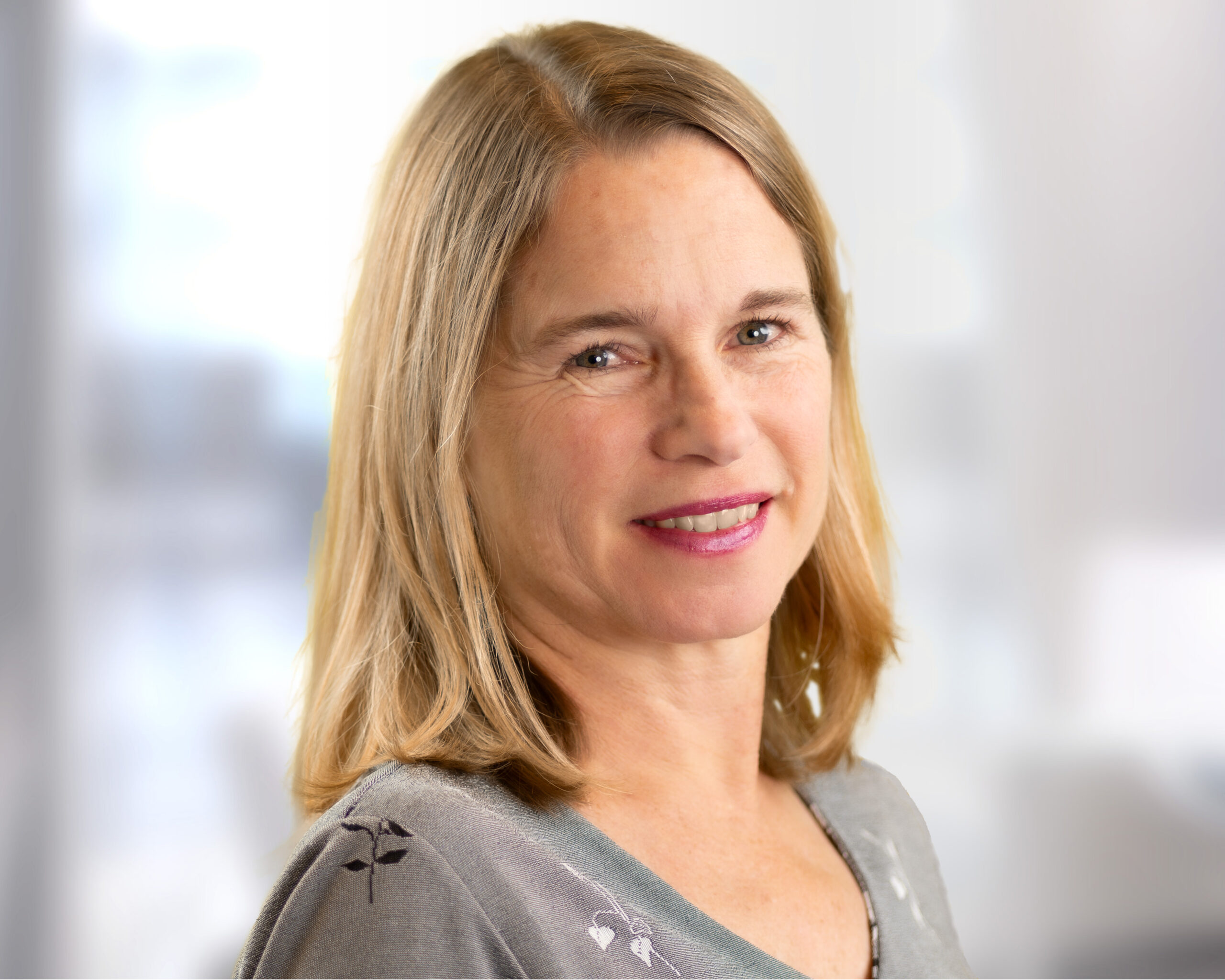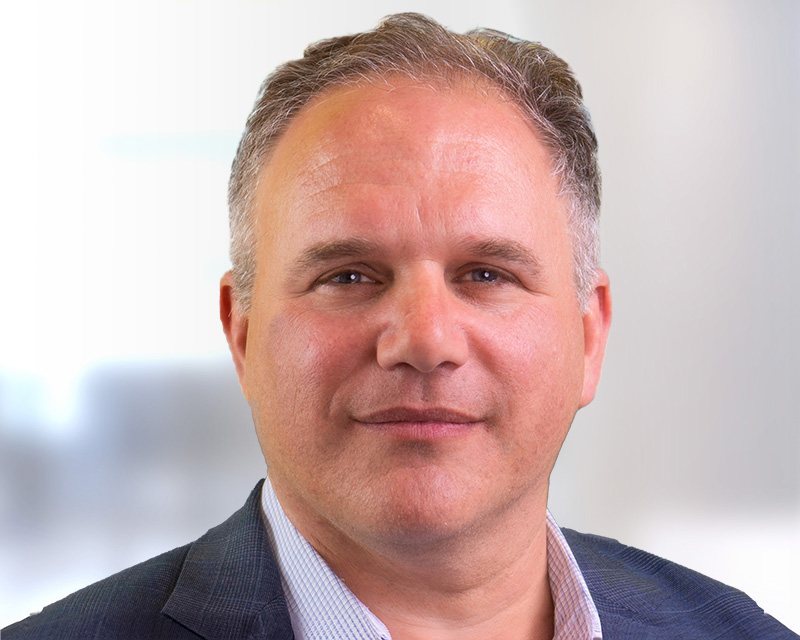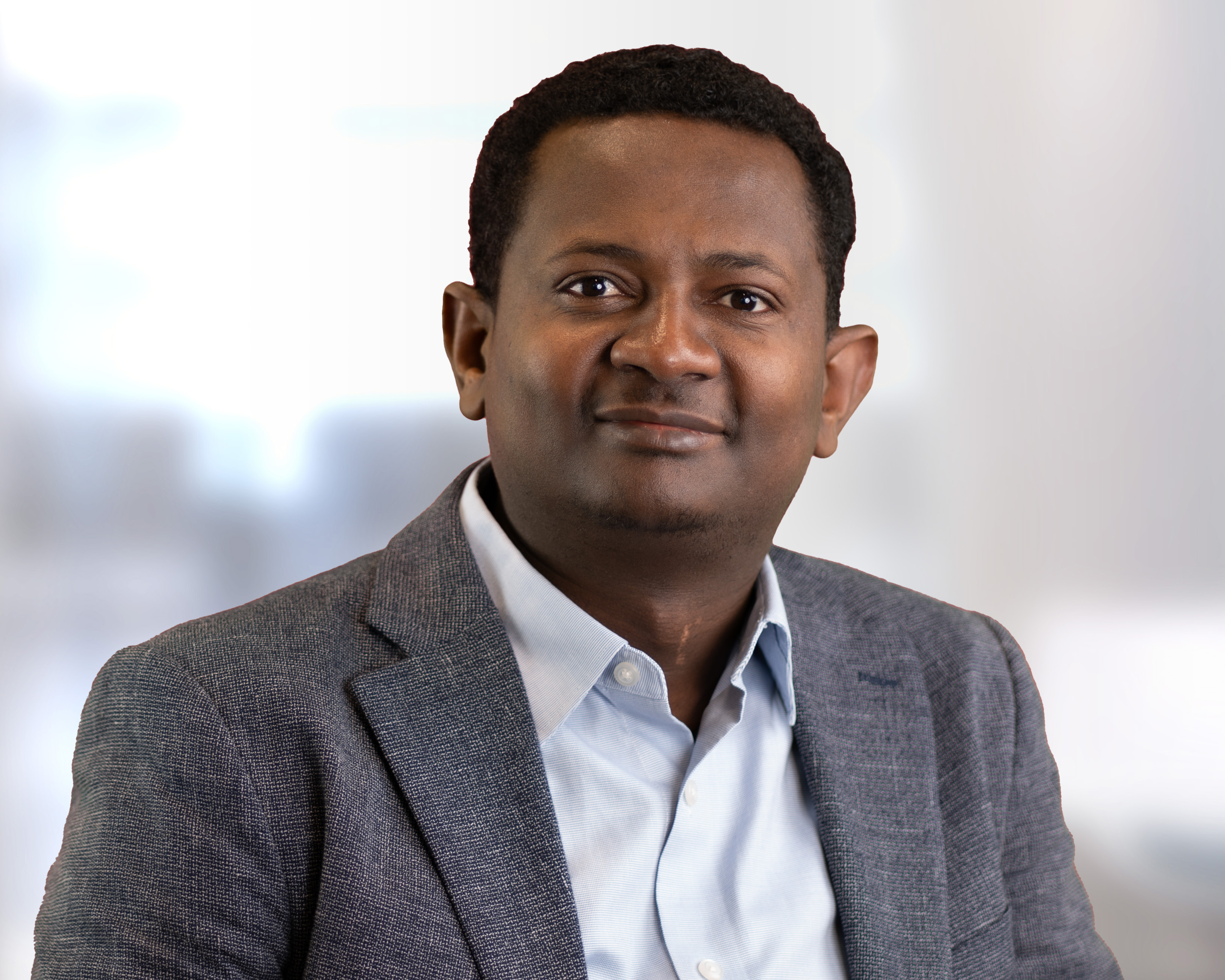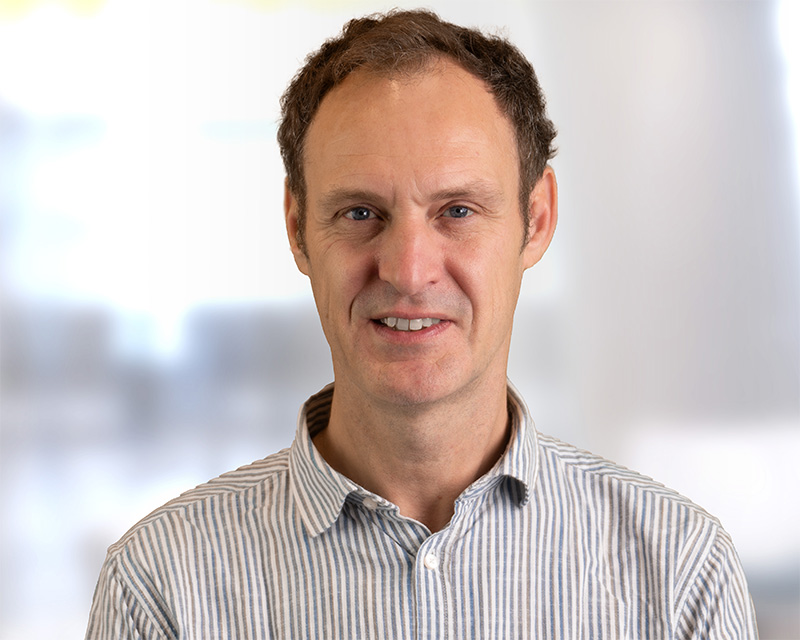The Feed the Future Developing Local Extension Capacity (DLEC) project reached 1.2 million farming households and influenced more than 70 partner organizations to adopt recommendations that improve their service delivery/extension program operations.
DLEC accomplished this objective through three interrelated sets of activities:
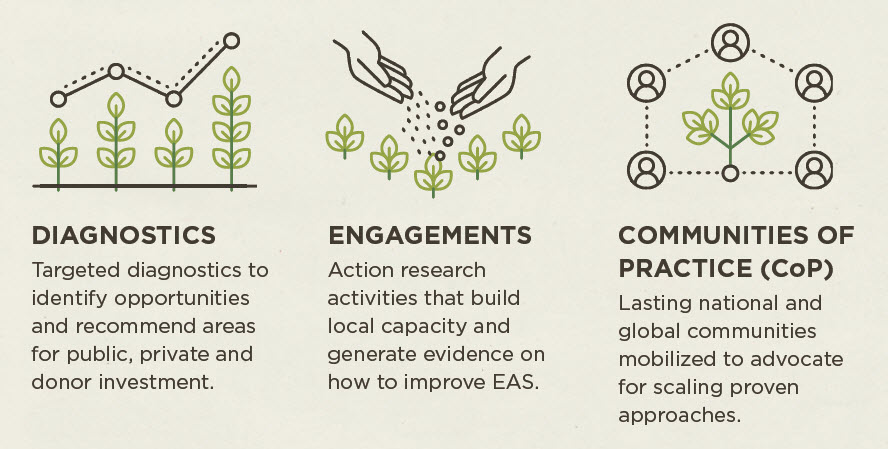
Diagnostics
Profiled countries include EAS diagnostics in Bangladesh, Guinea, Honduras, Liberia, Malawi, Mali, Mozambique, Nigeria, Rwanda and Senegal. There are also reports on youth in EAS in Honduras, Niger, Rwanda, and Uganda, and on digital EAS in Niger. All reports are available on Agrilinks or by clicking the countries in the map in the infographic below.
Read More: Engagements
DLEC worked with USAID Missions, public and private sector and civil society to implement locally-tailored, partnership-based solutions that address country-specific challenges and build the capacity of country stakeholders. Current and completed engagements include:
- In Rwanda, Digital Green, IFPRI, and Feed the Future Hinga Weze collaborated with Rwandan Ministry of Agriculture and Animal Resources (MINAGRI) and Rwanda Agriculture and Animal Resources Development Board (RAB) to strengthen extension staff capacities to use digital approaches.
- In Ethiopia, early results of an impact evaluation, led by IFPRI, shows up to 37% greater likelihood of smallholder farmers receiving advice/training via video and adopting improved technologies. Digital Green, in partnership with Fintrac, is testing a holistic digital suite of tools to provide localized farmer-centric fall armyworm mitigation advice.
- In Uganda, a field experiment led by IFPRI, found that providing information to both heads of household led to an increase in join decision-making, increased knowledge retention and greater uptake of practices.
- In Bangladesh, a transport-to-market mobile solution, implemented by Digital Green, connects smallholder farmers to markets, public extension services and quality inputs and has shown up to 15% increases in incomes.
- In Honduras, Care International, built the capacity of the national government agency overseeing extension provision on participatory and best-fit EAS models to reach Honduran smallholder farmers with quality public extension.
- In Nigeria, video-enabled extension implemented by two dairy processors trained by Digital Green, resulted in the processors (i) doubling their reach and quantity of milk processed; and (ii) reducing the rejection rate for spoiled milk from 40% to 0%. Digital Green, in partnership with ACDI/VOCA, is testing a model for participatory curriculum development and dissemination on most impactful agronomic practices for the rice value chain.
Read More: Communities of Practice (CoP)
In partnership with GFRAS and its regional and country fora, the DLEC CoP advocated for evidence-based EAS programs. Countries with CoPs include Honduras, Uganda, Bangladesh, and Guinea.
Join our global community of practice under GFRAS.
CLICK HERE TO LEARN MORE ABOUT DLEC (INTERACTIVE)





